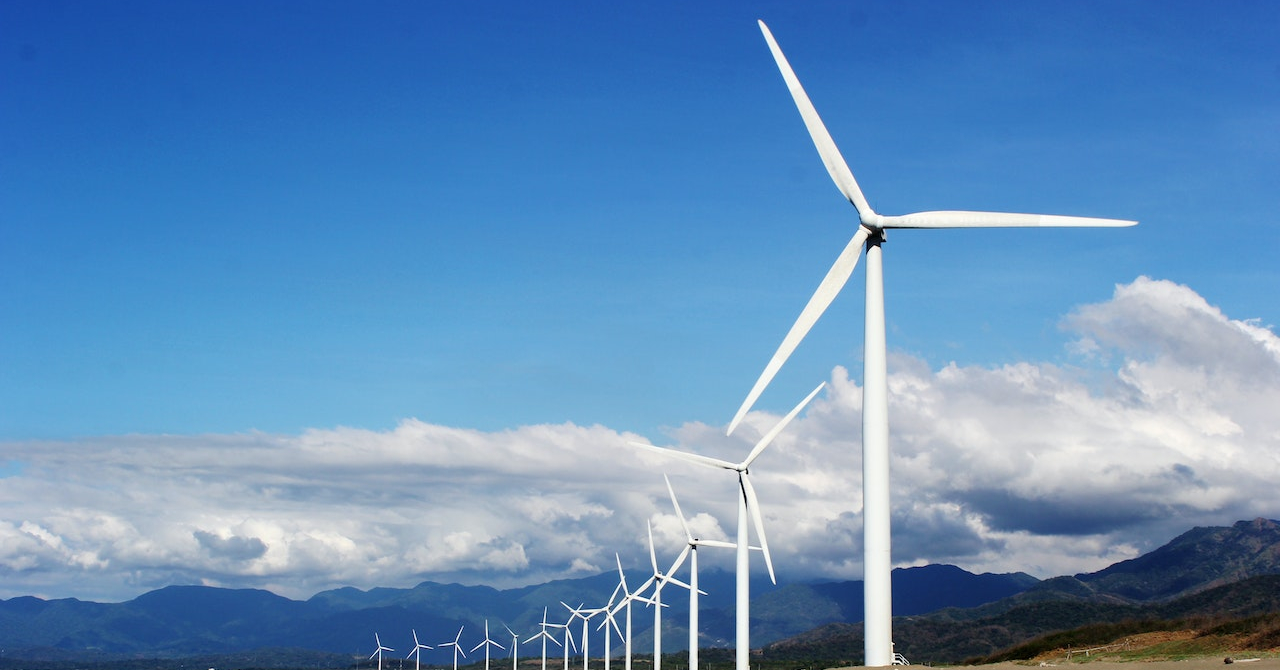According to Reuters, this means that the total quantity of carbon emissions released in 2022 is to be 33.8 billion tons, as this year's growth is much smaller compared to last year's, which was nearly two billion tons.
The energy sector isn't the only one responsible for the increase in greenhouse gas emissions this year, as aviation has to bear part of the burden as well, due to the fact that flights started to recover after the pandemic.
IEA Executive Director Fatih Birol said that "the global energy crisis triggered by Russia’s invasion of Ukraine has prompted a scramble by many countries to use other energy sources to replace the natural gas supplies."
He also added that solar and wind power helped release some of the pressure from energy companies and that coal generation is a temporary measure that is needed to stabilize the grid and is not here to stay.
In fact, according to experts, solar and wind power registered a historic increase of power generation, 700 terawatt-hours of power this year being produced by these resources.
Without them, carbon emissions could have been 600 million tons higher, researchers say.
On a worldwide level, hydropower generation also saw an increase, despite droughts that happened in multiple places on Earth, contributing by over one fifth to the total increase in global renewable power generation.
EU's CO2 emissions are also said to be lower this year, despite a temporary increase in coal power generation and next year, the situation should improve, given that new renewable projects could add 50 GW more capacity.
Dr. Chris Rosslowe, senior analyst at Ember, an independent energy think tank, said that "wind and solar are already helping European citizens. But the future potential is even greater."
A quarter of EU's energy supply was ensured by solar and wind farms, but member states still spent 82 billion euros on gas, which supplied around 20% of the energy required.
"Surging renewable electricity has helped protect Europe from an even worse energy crisis", said Dr. Rosslowe.
E3G Senior Associate Artur Patuleia said that "with tight LNG markets sustaining high gas costs for the next years, governments need to support the clean energy ambition of RePowerEU, making it a core element of the energy price crisis response."
 Mihai - Cristian Ioniță
Mihai - Cristian Ioniță












Any thoughts?